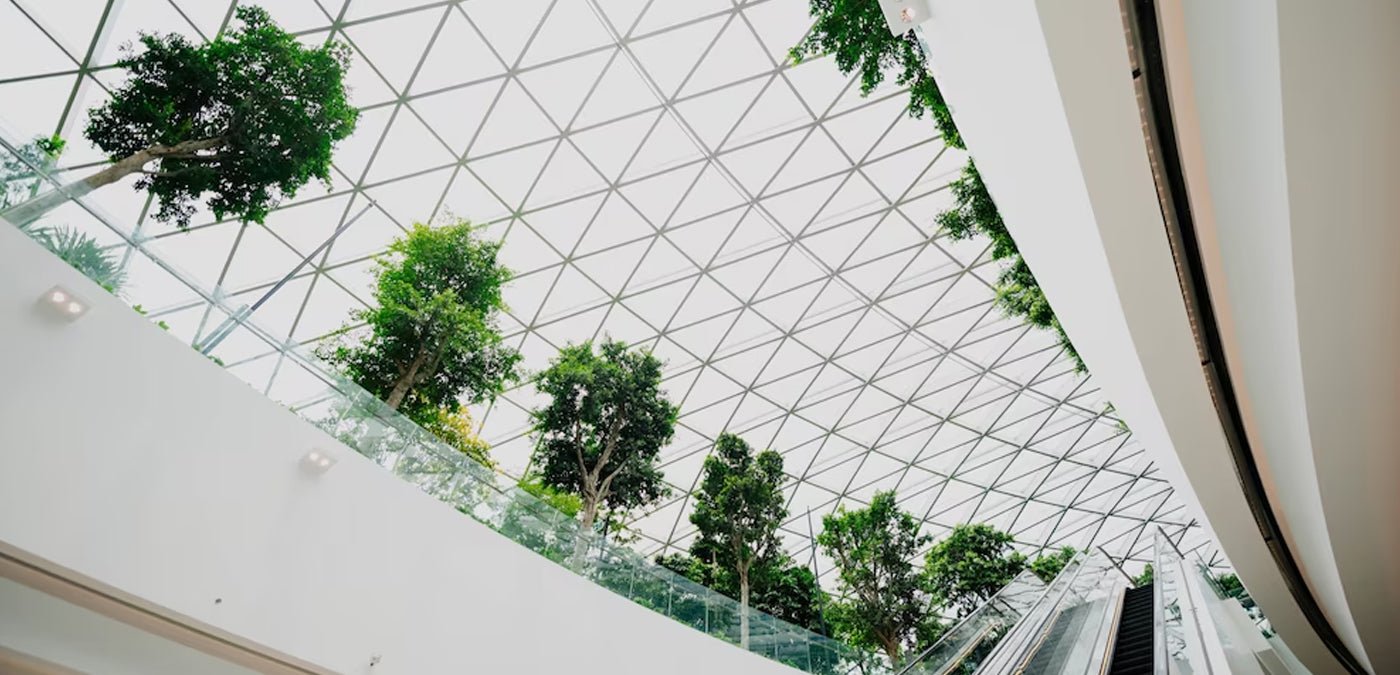Taking on acrylic sheet projects is an exhilarating feeling. They are some of the most versatile materials and have many applications. From dazzling DIY crafts to stunning home renovations, they can take your projects to new heights. However, not all acrylic sheets are the same. Understanding its variety is a crucial step in selecting one that’s the best fit for you. From transparent sheets to frosted ones, each variety brings its own unique charm. Furthermore, acrylic sheet properties are very fascinating and make them ideal for countless projects. Understanding Acrylic Sheets: Types and Varieties When it comes to acrylic sheets for projects, it’s always a good idea to check out the many varieties that are available. They are widely used in various industries due to their durability and aesthetic appeal. Let's explore the different types and ways of working with these fascinating materials. Types of Acrylic Sheets: Here are some of the many acrylic sheet options you can find:
- Clear Acrylic Sheets: As the name suggests, these sheets are transparent and offer excellent clarity. They allow maximum light transmission, making them ideal for applications like windows, skylights, or showcases.
- Coloured Acrylic Sheets: These are some of the most vibrant types of acrylic sheets. They come in a wide range of colours and provide endless possibilities when it comes to adding colour to your project. They are mostly used in signage or decorative elements.
- White Acrylic Sheets: These are a great option if you are looking to fuse beauty and functionality. White acrylic sheets can act like a blank canvas. Whether your acrylic sheet projects include crafting an upscale office setup or a residential haven, they are great for experimenting with shapes, textures, and lighting nuances. You can use them as decorative wall panels to enhance the area to give off a chic vibe.
- Cast Acrylic Sheets: These sheets are made by pouring liquid plastic into moulds. Heat or pressure is then used to shape them. This results in a high-quality product with excellent clarity and exceptional strength. It also ensures minimal distortion even under extreme conditions.
- Extruded Acrylic Sheets: Extruded acrylic sheets are manufactured by pushing melted plastic through rollers. While they may lack the same level of optical clarity as cast acrylics, they offer superior impact resistance. They are also much more affordable than cast acrylics and serve well in applications like display cases, furniture accents, etc.
- Optical Properties : Consider the optical property of the acrylic sheet. Acrylic sheet properties make it an exceptionally clear material, with a light transmission rate of 92%. It also has a high refractive index, meaning that it bends light more than glass does. This is perfect for different visual effects.
- Stability and Deformation : Acrylic sheets are quite stable as they retain shape and dimensions well over long periods of time. Moreover, they are very stiff and have a high resistance to deformation under load. This makes it ideal to use acrylic sheets for projects where dimensional stability makes a difference.
- Weather Resistance : Another key factor to note when selecting an acrylic sheet is its weather resistance. While it’s an extremely durable material, it is still susceptible to UV exposure and extreme temperatures. For outdoor applications, we recommend choosing acrylic sheets that have been specifically designed for weather resistance.
- Chemical Resistance : If the sheets are likely to be exposed to various chemicals or cleaning agents, you might want to check their chemical resistance. While acrylic sheet properties against chemicals are good, some types are more resistant than others. You can always have a chat with our experts to help you choose the appropriate one based on the desired application.
- Working Temperature : Acrylic sheets have a relatively low melting point compared to other materials. This is very important if your project involves high-temperature processes like thermoforming or laser cutting. Exceeding the working temperature of acrylic sheets can lead to deformation, warping, or even melting. Understanding the temperature limitations of the chosen acrylic sheet type is key to achieving the desired outcome.
- Processability : Processability refers to how easily a material can be fabricated, shaped, and customised to suit your project needs. Acrylic sheets can be cut, drilled, engraved, and even bent with the right equipment and techniques. This is another point you might want to keep in mind. Though thicker sheets are challenging to work, they tend to offer greater structural integrity. Meanwhile, thinner sheets are easier to manipulate but possess lower strength and durability.



1 comment
Ben
Hi, I’m looking for some advice on acrylic or poly sheet for outdoor lightboxes. We’re currently having issues with the sheets bulging and warping in direct sun and I’m looking for an alternate material. Ideally the sheet needs to be a translucent white colour. Any assistance would be much appreciated. Thanks, Ben
Hi, I’m looking for some advice on acrylic or poly sheet for outdoor lightboxes. We’re currently having issues with the sheets bulging and warping in direct sun and I’m looking for an alternate material. Ideally the sheet needs to be a translucent white colour. Any assistance would be much appreciated. Thanks, Ben